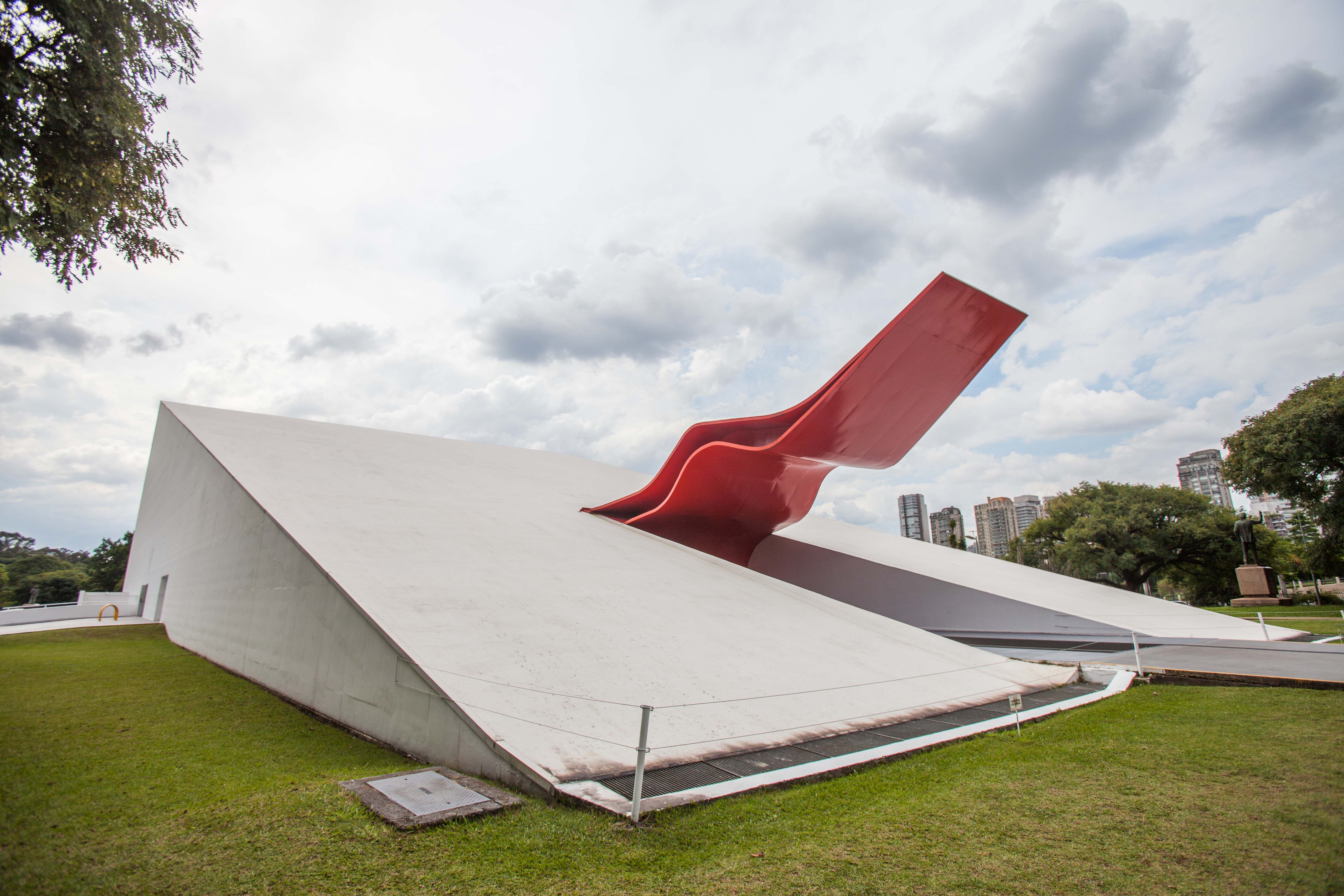São Paulo - SP
Basic information
- Population: 11,451,999 of people.
- GDP per capita: R$ 60.750,09
- Human Development Index (IDHM): 0.806
- Source: IBGE
São Paulo is a Brazilian municipality and the capital of the state of São Paulo, located in the country's Southeast Region. Those born in the state are Paulistas. Those born in the city are Paulistanos. São Paulo is the economic center of Brazil, with its financial and industrial sectors. The megalopolis is rich in culture, global events and diverse gastronomy. It also attracts millions of tourists and will host the G20 meetings in Brazil in 2024.

Presentation
The city of São Paulo has a territorial area of 1,521.202 km2. Founded in 1554 by Jesuit priests, it has become a cultural and economic hub. São Paulo is Brazil's economic engine, and its role as a financial, industrial and services center is recognized worldwide. The development of important industrial hubs, such as ABC paulista, and the concentration of national and international companies give the capital a vital role in the national economy. The Brazilian megalopolis has a rich and complex cultural diversity. The presence of Italian, Japanese, Portuguese and other immigrants has shaped the local cuisine, traditions and arts.
The black and indigenous influence in São Paulo is profound and has shaped crucial aspects of the city's culture, society and identity. This heritage is present in the cultural expressions of the megalopolis, such as capoeira, samba, traditional Afro-Brazilian festivals and indigenous manifestations. Traditional fairs and markets, such as the Mercado Municipal, are places where this influence is evident.
São Paulo's development shows the human capacity for transformation. Edifício Copan (Copan Building), for example, one of the city's imposing skyscrapers, designed by the famous Brazilian architect Oscar Niemeyer, is an architectural icon with a sinuous façade.
São Paulo is an eclectic tourist destination. Internationally renowned museums such as the MASP attract art lovers. The bustling nightlife, cultural events such as the São Paulo Biennial and the gastronomic diversity make this capital a point of reference for tourists from all over the world. Parque Ibirapuera (Ibirapuera Park) enchants with its vast green areas and its multifunctional space, which offers culture, sport and leisure, making it an urban refuge in the heart of the metropolis.
In addition to its industrial and financial weight, São Paulo embraces the creative economy. Start- ups, technology events and the effervescence of coworking spaces reveal a city that is constantly reinventing itself with innovation and economic diversification. As São Paulo faces its future, the balance between tradition and progress continues to define its multifaceted metropolitan character.
Main tourist attractions
• Avenida Paulista (Paulista Avenue)
• Parque Ibirapuera (Ibirapuera Park)
• São Paulo Municipal Market (Mercadão)
• Museu de Artes de São Paulo – MASP (São Paulo Museum of Art)
• Pinacoteca do Estado de São Paulo - (São Paulo Art Gallery)
• Estádio do Morumbi (Morumbi Stadium)
• Estádio Allianz Parque (Allianz Parque Stadium)
• Bairro da Liberdade (Liberdade neighborhood)
• Rua 25 de Março
24 HOURS IN SÃO PAULO
MORNING
Start your journey by exploring Parque Ibirapuera, the green heart of the city. This vast urban park offers a mix of nature, art and culture. Visit the Museu de Arte Moderna – MAM (Museum of Modern Art) and the Afro Brasil Museum, enjoy the outdoor sculptures and the serene lakes. Finish the tour with a relaxing walk through the wide lawns.
AFTERNOON
São Paulo offers a veritable culinary journey. From traditional Brazilian restaurants to acclaimed international gastronomic establishments, the city has options for all tastes and budgets. Try São Paulo's famous pizza, street food and starred restaurants. Explore Mercado Municipal, where you can taste a variety of local delicacies, such as the famous mortadella sandwich.
LATE AFTERNOON
Mirante do Sesc Avenida Paulista (Avenida Paulista viewpoint) is the perfect place to enjoy the sunset. From the 17th floor of the cultural center, you can enjoy a privileged view of Avenida Paulista and see well-known landmarks in the capital, such as the Mercado Municipal, Pico do Jaraguá and Catedral da Sé.
NIGHT
At night, it's worth taking a stroll through Vila Madalena, the capital's most bohemian neighborhood, where a concentration of bars is sure to please all tastes, from the most popular to the most refined.
Airport
São Paulo has two big airports: São Paulo/Guarulhos International Airport serves the city with flights abroad, while São Paulo/Congonhas Airport is dedicated only to domestic flights within the national territory.
Sites
São Paulo City Hall
Government of the State of São Paulo
G20 events in São Paulo
Click here to see the full calendar